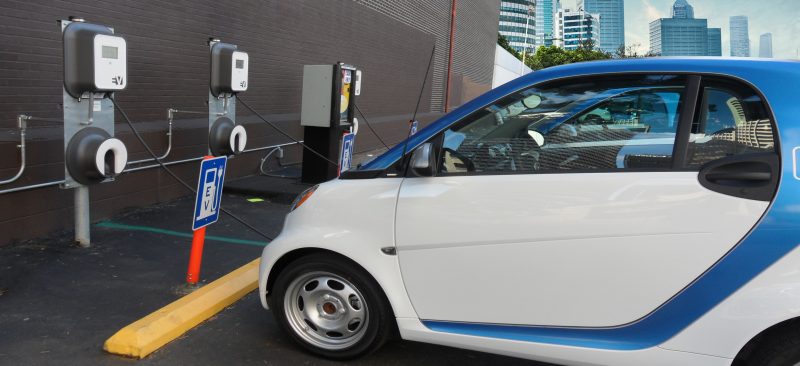UWI’s Smart Service Delivery Model provides citizens with efficient services to enhance livability. These include superior sustainability solutions like smart LED street lights that dim according to pedestrian and vehicle movement patterns, automated waste removal services, smart parking solutions through sensors, e-learning and smart education solutions, and in-home patient doctor interaction via smart devices.
Smart Cities can provide efficient, reliable, and sustainable energy supply systems to new city developments. By incorporating ICT solutions such as smart grids, smart metering, renewable energy solutions, and smart energy storage and backup systems into a city’s energy infrastructure, and by utilizing the output data and analytics, city administrators can reduce consumption, monitor supply and demand, and make relevant assessments for future capacity.

